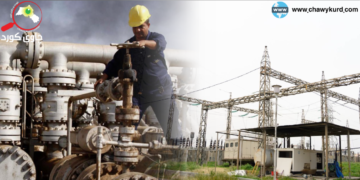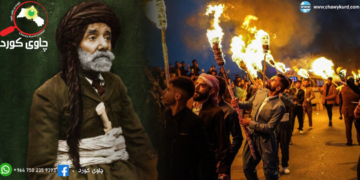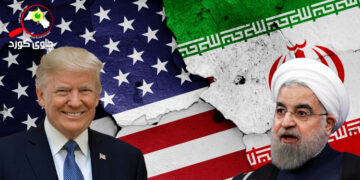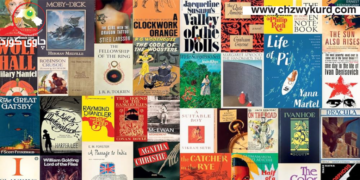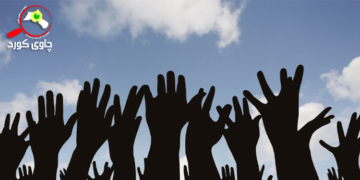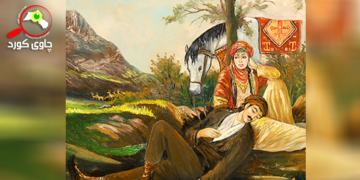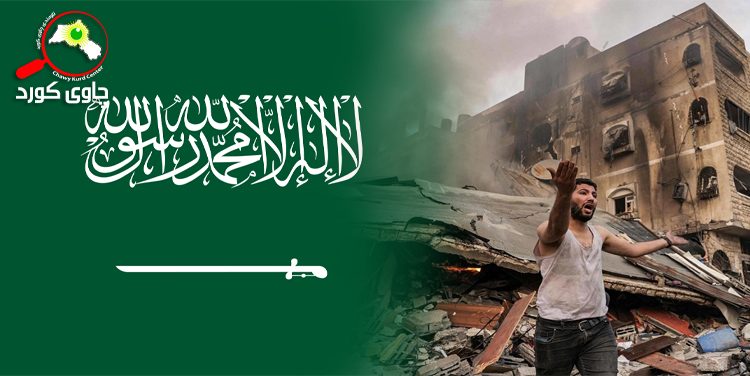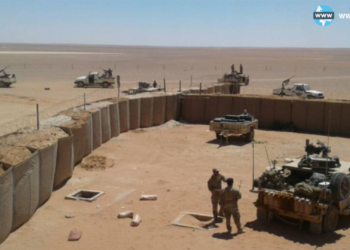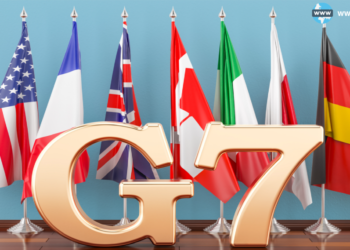The rule and power of the Saudis (Al Saud), in the history of the Arab nation, the Hijaz and today’s Saudi Arabia, goes back to the Emirate of Dir’a, which “Muhammad bin Saud” created in 1744 AD until the military invasion of the principality by King Abraham of Egypt in 1818 continued. This period in Saudi history is called the first Saudi state. After a while, Turki son of Abdullah son of Muhammad moved the capital from Najd to Riyadh. This period lead to rule of the Al Saud family continued until the “Mir Hail” in 1891 seized the emirate. This period in Saudi history has known as the Second Saudi State. In 1902, the young Abdul Aziz ibn Saud took the empire from al-Rashid and controlled the whole of Najd in 1921, and then seized the Hashemites of the Hejaz In 1926; he ruled the Hejaz kingdom alone, which included the regions under his control. The name remained until Abdul Aziz took control of the surrounding areas and in 1932 renamed it the Kingdom of Saudi Arabia.
In terms of religion, Ibn Saud’s rule, one of the most important things they did in their history, was to agree with the rule of the Salafis “Muhammad ibn Abdul Wahab 1703-1791”, until They should not have religious problems and should become supporters of Al Saud, so that their religious authority should be given to “Mohammed son of Abdul Wahab” and then left his followers, who left political and secular power to Al Saud. Therefore, these two principles are still in Saudi Arabia and there are no problems, all fatwas of Salafi religious scholars are at the service of the family’s power. Saudi Arabia is significant for Muslims in the Islamic world because it is home to both the holy places of Mecca and Medina. The absolute monarchy, which is the prime minister, the successor of Mohammed bin Salman, his deputy and the council of ministers.
Relations at the regional and global levels:
Saudi Arabia faces two major challenges: the Houthis in the south. Second, Saudi Arabia was being portrayed as a religious totalitarian state and an absolute monarchy that suffocated freedoms. The best evidence for this is that the decision to allow women to drive and the opening of freedom of the press in 2017 implemented. It also decided to remove those involved in financial corruption. Saudi Arabia after the Gaza war and recent events; It did not play the significant role in the history of the region and in the conflict between Israel and the Palestinians for several reasons, the most important of which were:
First: – Saudi Arabia did not want to present itself as a friend of Israel to the Arab and Islamic world, especially since it was engaged in political and economic talks with Israel a months before the war in Israel. In addition to condemning the war and the killing of civilians, a tough and radical stance against the war, they sent several convoys of aid to Palestinian refugees.
Second: – Saudi Arabia, as an Islamic and Arab state, has been in talks with the Islamic Republic of Iran for more than a year, especially after the opening its consulate in Tehran and China’s mediation to normalize relations between the Sunni and Shiite states had a two-way effect. On the one hand, because of the bad relations between the United States and Israel with Iran, Saudi Arabia is considered a strategic friend of the United States and the defender of US interests in the region. On the other hand, Iran, through its Shiites and friends, had created a bad security situation for Saudi Arabia for several years, and relations have not yet reached the level of full trust Saudi Arabia did not want to upset the balance.
Third: – after the Arab Spring and the changes that have taken place in the Arab country, Saudi Arabia has taken a precautionary stance against any political and military conflict that may arise. Without asking his Western friends are not taking any steps.
Fourth: – Saudi Arabia, like most Arab countries and some other Islamic countries, is in favor of peace and avoiding military conflict with Israel (most Islamic countries demonstrated in support of the Palestinians, but it was at the national and lower levels of society), The Palestinian are the first victims of these wars. Saudi Arabia generally supports the rule of Mahmoud Abbas.
Fifth, Saudi Arabia does not want any reason to destroy the holy places such as Mecca and Medina, which millions of Muslims visit every year to visit the House of God and Hajj.








